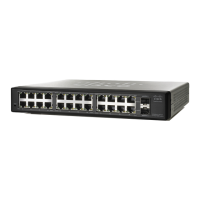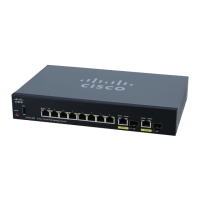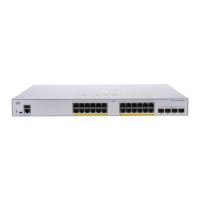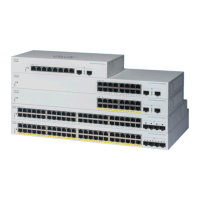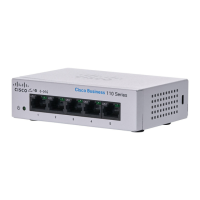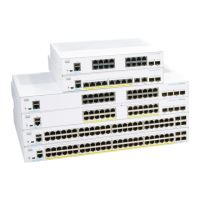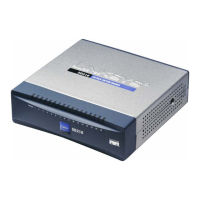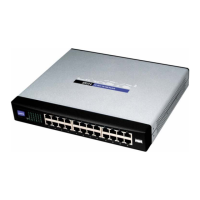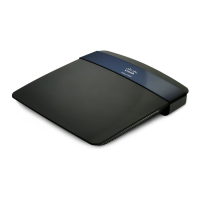Security: Secure Sensitive Data Management
Configuring SSD
Cisco Small Business 200 Series Smart Switch Administration Guide 305
22
- Secure—Indicates that this rule applies only to secure channels (console, SCP, SSH and HTTPS),
not including the
SNMP and XML channels.
- Insecure—Indicates that this rule applies only to insecure channels (Telnet, TFTP and HTTP), not
including the SNMP and XML channels.
- Secure XML SNMP—Indicates that this rule applies only to XML over HTTPS and SNMPv3 with
privacy.
- Insecure XML SNMP—Indicates that this rule applies only to XML over HTTP or and SNMPv1/
v2and SNMPv3 without privacy.
• Read Permission—The read permissions associated with the rule. These can be the following:
- Exclude—Lowest read permission. Users are not permitted to get sensitive data in any form.
- Plaintext Only—Higher read permission than above ones. Users are permitted to get sensitive
data in plaintext only.
- Encrypted Only—Middle read permission. Users are permitted to get sensitive data as encrypted
only.
- Both (Plaintext and Encrypted)—Highest read permission. Users have both encrypted and
plaintext permissions and are permitted to get sensitive data as encrypted and in plaintext
• Default Read Mode—All default read modes are subjected to the read permission of the rule. The
following options exist, but some might be rejected, depending on the rule’s read permission.
- Exclude—Do not allow reading the sensitive data.
- Encrypted—Sensitive data is presented encrypted.
- Plaintext—Sensitive data is presented as plaintext.
STEP 3 Click Apply. The settings are saved to the Running Configuration file.
STEP 4 The following actions can be performed on selected rules:
• Add, Edit or Delete rules
• Restore to Default—Restore a user-modified default rule to the default rule.
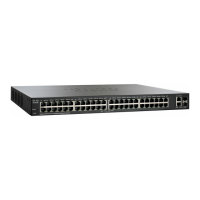
